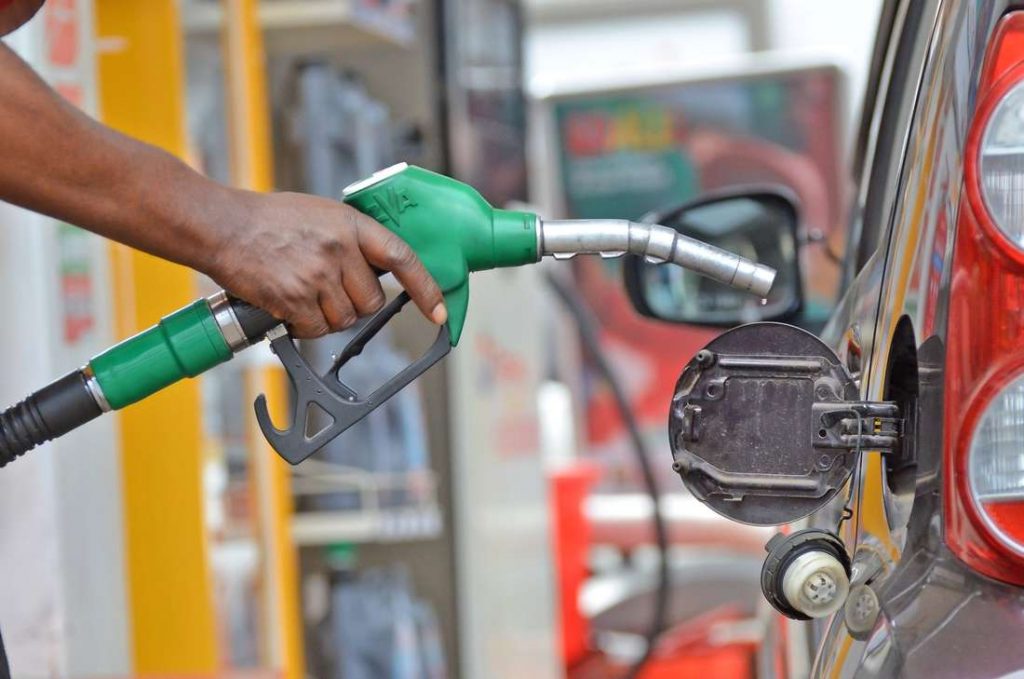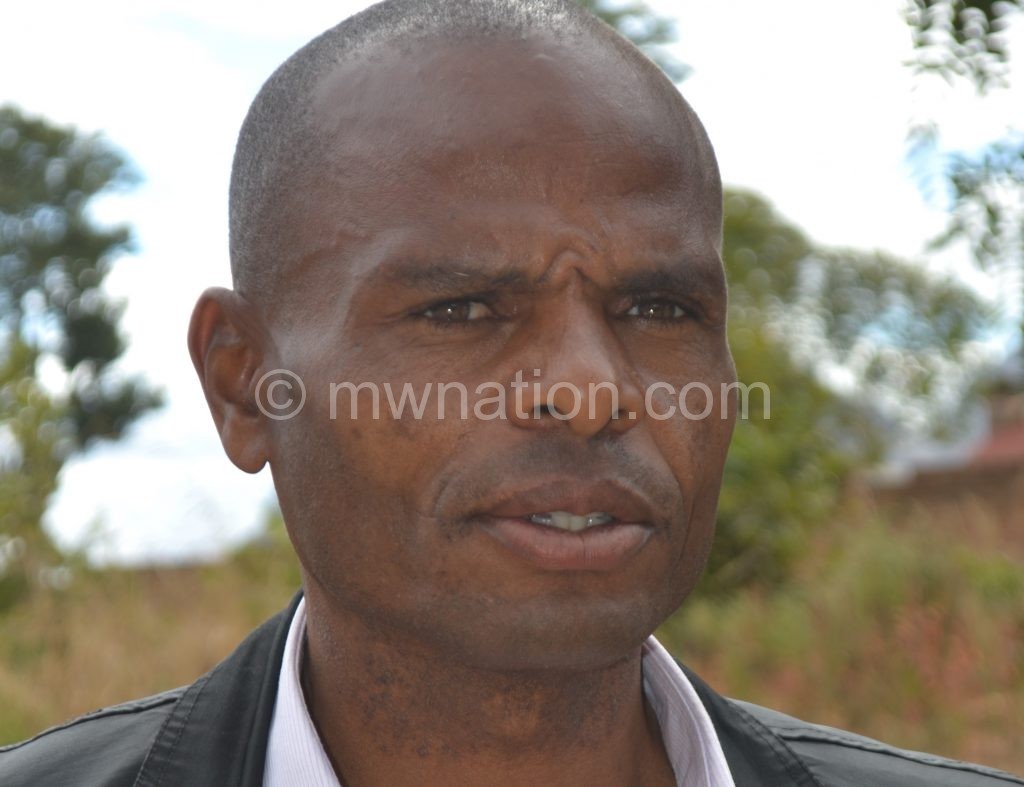Fuel price hike seen impoverishing majority
The Centre for Social Concern (CfSC) and players in the transport industry have said Wednesday’s average 34 percent fuel pump price hike will throw the majority below the poverty line due to high cost of living.
While the centre has asked government to initiate cushioning measures for low income earners, road transport operators have called for a review of levies in the fuel pump price build-up.

In an interview on Thursday, CfSC programme officer for economic governance Bernard Mphepo urged authorities to consider increasing the minimum wage and zero tax band to cushion low income earners from the double effects of the 25 percent devaluation and fuel price rise.
He said: “We are already going through tough economic times and fuel price increases will worsen the situation as the majority poor who were supposed to be lifted out of poverty, will now be pushed down to the extreme poverty line.
“Inflation is already at 19 percent and using our Basic Needs Basket report, the cost of living was already at K254 000 per family of six per month. When you compare this to the K50 000 minimum wage, the gap is huge.”

Mphepo said even the minimum wage cannot suffice food items for a family because the food poverty line is way above K140 000.
He said government should consider raising the zero-rated tax band to cushion those earning below K200 000. He further said government and all employers should consider raising salaries based on the rising cost of living.
In separate interviews, Road Transport Operators Association president Bisani Banda and Minibus Owners Association of Malawi secretary general Coaxley Kamange urged the government to speed up scaling the use of rail line for fuel transportation to reduce landing costs and prices.
Said Banda: “The rise in fuel prices will definitely squeeze us out of business because it reduces our prof i t ma r g i n . The development also affects our existing contracts that we already negotiated before the new fuel prices, because everything has gone up.
“It is not automatic that those who issued us contracts will automatically adjust, this means we need to renegotiate based on their goodwill.”
On his part, Kamange said minibus commuters are going through tough economic times, noting that most passengers are generally struggling low-income earners.
He said: “We share the passengers’ pain. When this happens, they hate us as if we are the ones behind the fuel price rise. Unfortunately, we are all on the receiving end of these developments. However, we are considerate because we have had some fuel hikes in some instances but we didn’t raise fares.”
B o t h B a n d a a n d Kamange appealed to traders to avoid taking advantage of the situation to rip off consumers, especially those dealing in spare parts trade saying fuel prices will trigger spare parts price increases which will make vehicle maintenance hard.
Following the fuel price adjustment on Wednesday, petrol has risen by 44.92 percent from K1 380 per litre to K1 999, diesel has gone up by 30.61 percent from K1 470 to K1 920 per litre while paraffin now sells at K1 236 from K956 per litre, representing 29.29 percent increase.
Mera chief executive officer Henry Kachaje said the automatic fuel pricing mechanism was fully applied including elements in the fuel price build-up such as Free on Board (FOB) rates and In Bond Landed Cost (IBLC) losses.






One Comment